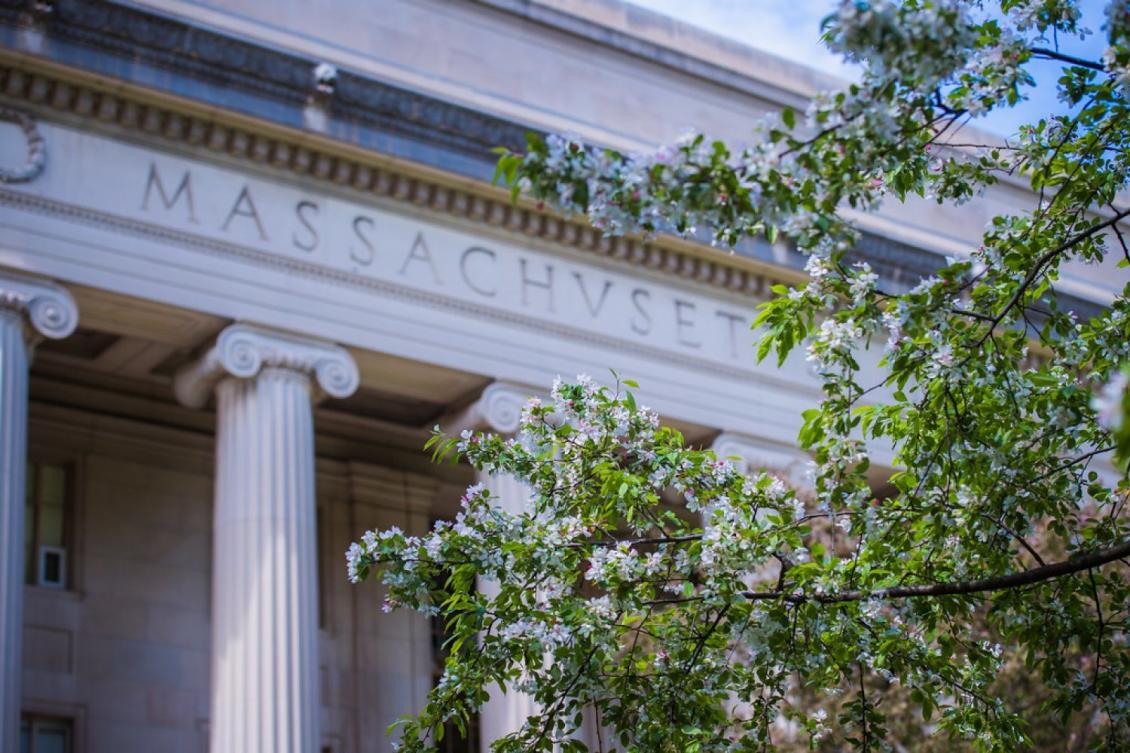MIT Schwarzman College of Computing launches postdoctoral program to advance AI across disciplines

The MIT Stephen A. Schwarzman College of Computing has announced the launch of a new program to support postdocs conducting research at the intersection of artificial intelligence and particular disciplines.
The Tayebati Postdoctoral Fellowship Program will focus on AI for addressing the most challenging problems in select scientific research areas, and on AI for music composition and performance. The program will welcome an inaugural cohort of up to six postdocs for a one-year term, with the possibility of renewal for a second term.
Supported by a $20 million gift from Parviz Tayebati, an entrepreneur and executive with a broad technical background and experience with startup companies, the program will empower top postdocs by providing an environment that facilitates their academic and professional development and enables them to pursue ambitious discoveries. “I am proud to support a fellowship program that champions interdisciplinary research and fosters collaboration across departments. My hope is that this gift will inspire a new generation of scholars whose research advances knowledge and nurtures innovation that transcends traditional boundaries,” says Tayebati.
"Artificial intelligence holds tremendous potential to accelerate breakthroughs in science and ignite human creativity," says Dan Huttenlocher, dean of the Schwarzman College of Computing and Henry Ellis Warren Professor of Electrical Engineering and Computer Science. “This new postdoc program is a remarkable opportunity to cultivate exceptional bilingual talent combining AI and another discipline. The program will offer fellows the chance to engage in research at the forefront of both AI and another field, collaborating with leading experts across disciplines. We are deeply thankful to Parviz for his foresight in supporting the development of researchers in this increasingly important area.”
Candidates accepted into the program will work on projects that encompass one of six disciplinary areas: biology/bioengineering, brain and cognitive sciences, chemistry/chemical engineering, materials science and engineering, music, and physics. Each fellow will have a faculty mentor in the disciplinary area as well as in AI.
The Tayebati Postdoctoral Fellowship Program is a key component of a larger focus of the MIT Schwarzman College of Computing aimed at fostering innovative research in computing. As part of this focus, the college has three postdoctoral programs, each of which provides training and mentorship to fellows, broadens their research horizons, and helps them develop expertise in computing, including its intersection with other disciplines.
Other programs include MEnTorEd Opportunities in Research (METEOR), which was established by the Computer Science and Artificial Intelligence Laboratory in 2020. Recently expanded to span MIT through the college, the goal of METEOR is to support exceptional scholars in computer science and AI and to broaden participation in the field.
In addition, the Social and Ethical Responsibilities of Computing (SERC), a cross-cutting initiative of the MIT Schwarzman College of Computing, offers researchers exploring how computing is reshaping society the opportunity to participate as a SERC postdoc. SERC postdocs engage in a number of activities throughout the year, including leading interdisciplinary teams of MIT undergraduate and graduate students, known as SERC Scholars, to work on research projects investigating such topics as generative AI and democracy, combating deepfakes, examining data ownership, and the societal impact of gamification, among others.

